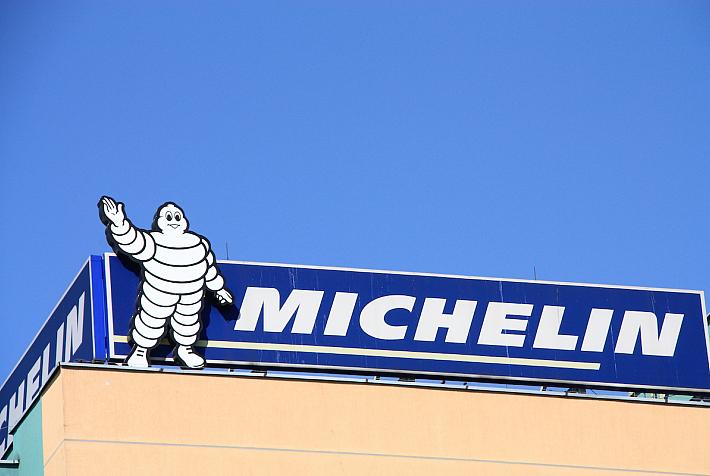PayWell Romania survey: Private sector salaries, up 3.7% on average in 2016

Romania has seen wages in the private sector increase by 3.7% on average in 2016, slightly slower than the 3.9% growth local companies expected last year, according to year’s edition of PayWell Romania - the salary and benefits study made by PwC.
The highest average salary increases were registered in the retail (4.3%) and FMCG (5.8%) sectors, while below average increases were registered in the banking industry (2.6%), the study reveals.
“This year, sectors directly related to consumption (retail and FMCG) reported the highest wage increases, influenced by the raise of the minimum salary at national level, but also by the positive economic results and increased consumption due to reduced VAT. However, sectors less related to internal consumption, such as banking, have maintained a cautious wage policy, similar to previous years,” said Mihaela Mitroi, Tax and Legal Services Leader, PwC Romania and SEE.
Local companies are cautious when talking about budgeted salary increases for 2017. They plan an average wage increase of 3.8%, similar to that in 2016, with a stronger dynamic in the retail (4.9%) and industrial sector (4.4%), and a more moderate increase in the banking sector (3%).
“We took notice that the private sector is staying cautious regarding wage increases. Companies wish to keep the rhythm of salary increases in line with productivity gains and also with a long-term vision, without being influenced by elements that stimulate short-term growth,” explained Horatiu Cocheci, Senior Manager, Human Resource Consulting Services Leader, PwC Romania.
Pharma companies offer the highest entry-level wages for employees with higher education, some RON 3,700 gross (EUR 830), while banks remunerate entry-level employees with less than half that amount, RON 1,800 gross (EUR 404). Entry level wages for employees with secondary education range between RON 1,400 and RON 1,600 lei, depending on the sector.
Some 29% of the companies award wage increases to entry-level employees after the trial period is over, the report shows.
Performance based bonuses are awarded mostly at top and middle management level, but also to sales employees, such as for the sales staff in the FMCG companies. Performance bonuses range between 9% of the annual wage for blue-collar employees and 40% of the annual pay for top management employees. For sales employees, performance bonuses equal a third of the annual wage, the study shows.
The most frequent extra-salary benefits offered by local companies are meal tickets (74%) and subscriptions to private healthcare clinics (55%).
Some 23% of the companies taking part in the 2016 PayWell Romania offer the possibility of a flexible schedule (a growing trend compared to previous years), 13% allow their employees to work from home, and 8% have short Fridays – also on the rise compared to previous years.
PayWell Romania 2016 salary and benefits survey comprises compensation data provided by 133 companies across five industry sectors (banking, FMCG, retail, pharmaceuticals and industrial products).
Average net wage stays at EUR 463 in Romania
editor@romania-insider.com















